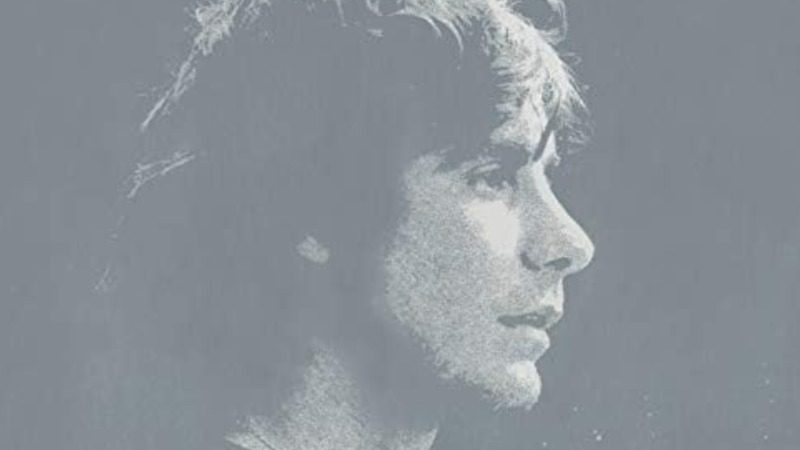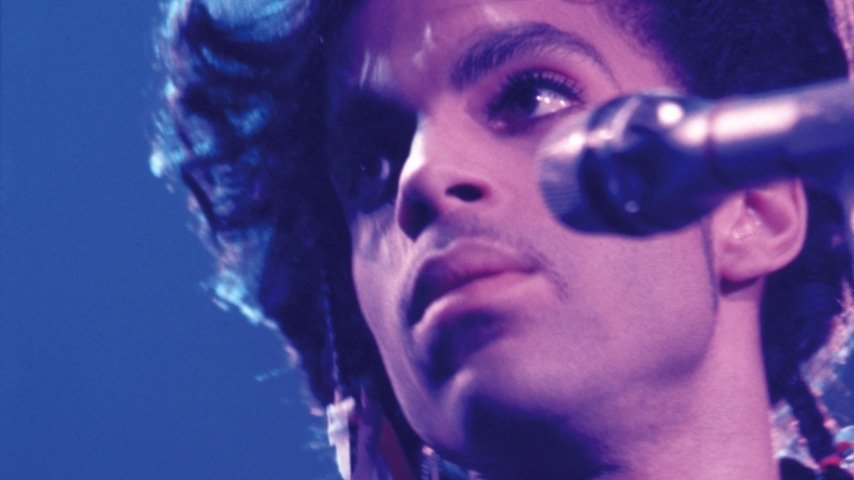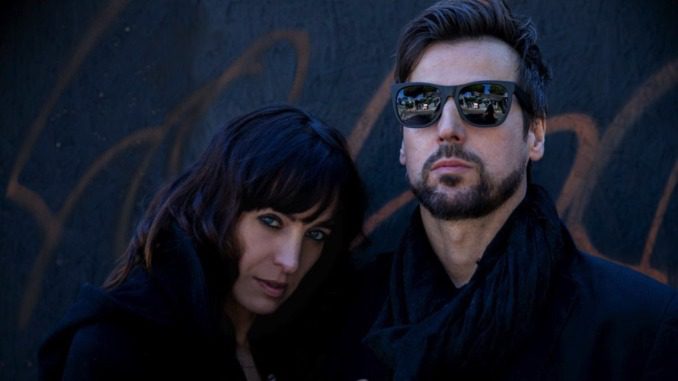Lô Borges, one of the most important Brazilian musicians of our lifetime, passed away on Sunday, November 2, his family confirmed in a statement. “He fought bravely for 17 days but has now gone to rest. His art will live on forever,” the statement reads. “The family requests privacy at this time so that they can grieve privately, and we thank everyone for their expressions of affection and solidarity.” Borges, an MPB and música popular brasileira legend, was 73.
Born in Belo Horizonte, Borges was the sixth of 11 children. As a boy, he, his brother Márcio, and his friends would gather at the crossroads of Divinópolis and Paraisópolis in the Santa Tereza neighborhood and sing Beatles songs and learn MPB and jazz together. It was the “corner club,” as they called it, and included Milton Nascimento, who’d moved into the neighborhood from Três Pontas in 1963. He and the Borges brothers wrote “Clube da Esquina” and “Para Lennon e McCartney” together for his 1970 album Milton. Lô had plans to join the Brazilian army but wound up in Rio de Janeiro with Nascimento.
There, they’d make their collaborative opus in 1972, Clube da Esquina, which we named one of the best albums of all time in 2024, during Brazil’s oppressive junta dictatorship. I wrote then: “Milton Nascimento and Lô Borges came up with something so resounding and unique on Clube da Esquina that charms like a cloud of warmth and sonic miscellany. With meshes of baroque pop and folk, hued with tinges of psychedelia and MPB, Clube da Esquina pulls as deeply from the Beatles as it does Chopin—making for one of the richest South American projects ever composed. At 64 minutes in length, the double-album never outruns its own ingenue. From beginning to end, the remarkable sights and sounds of Nascimento and Borges, who saw classical and pop music as equals begging to be enshrined in song together forever, make Clube da Esquina the greatest Brazilian album ever.”
Borges would release his solo debut, Disco do Tênis, that same year but lessened his output after, hitching a ride to Arembepe, Bahia, and living a hippie lifestyle for a few months before returning to Belo Horizonte. He’d come back to music in 1978, appearing on Clube da Esquina 2 with Nascimento and releasing his second solo album, A Via Láctea a year later. He remained relatively quiet throughout the late-eighties and nineties before making a couple of records in the 2000s, 2010s, and as recently as Não Me Espere na Estação in 2023. “Dois Rios,” a song he co-wrote for the ska-punk band Skank, was a minor hit in 2003.




